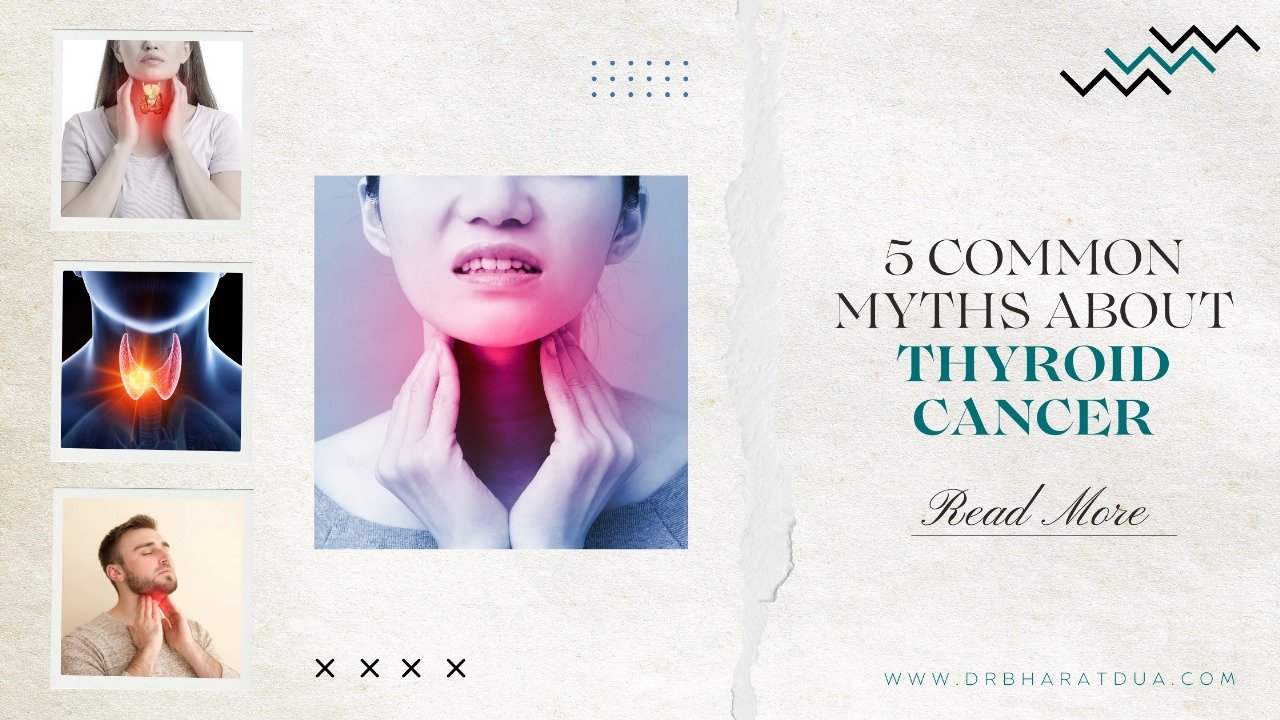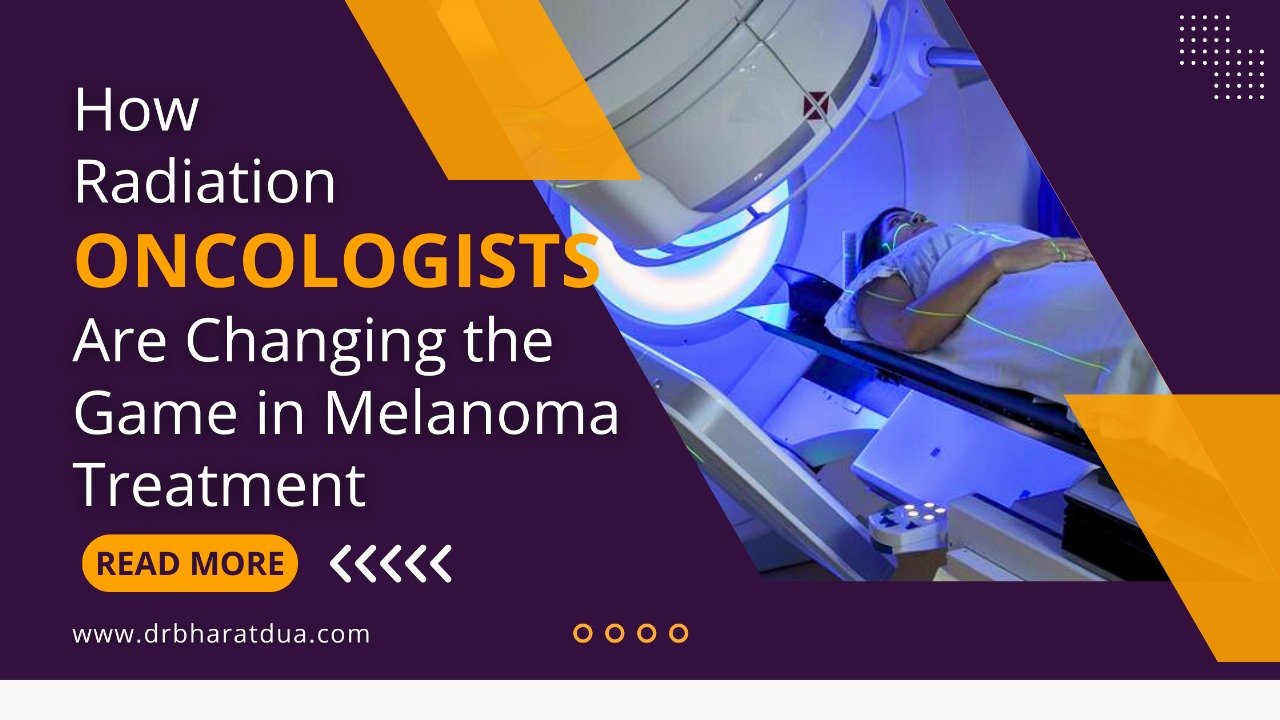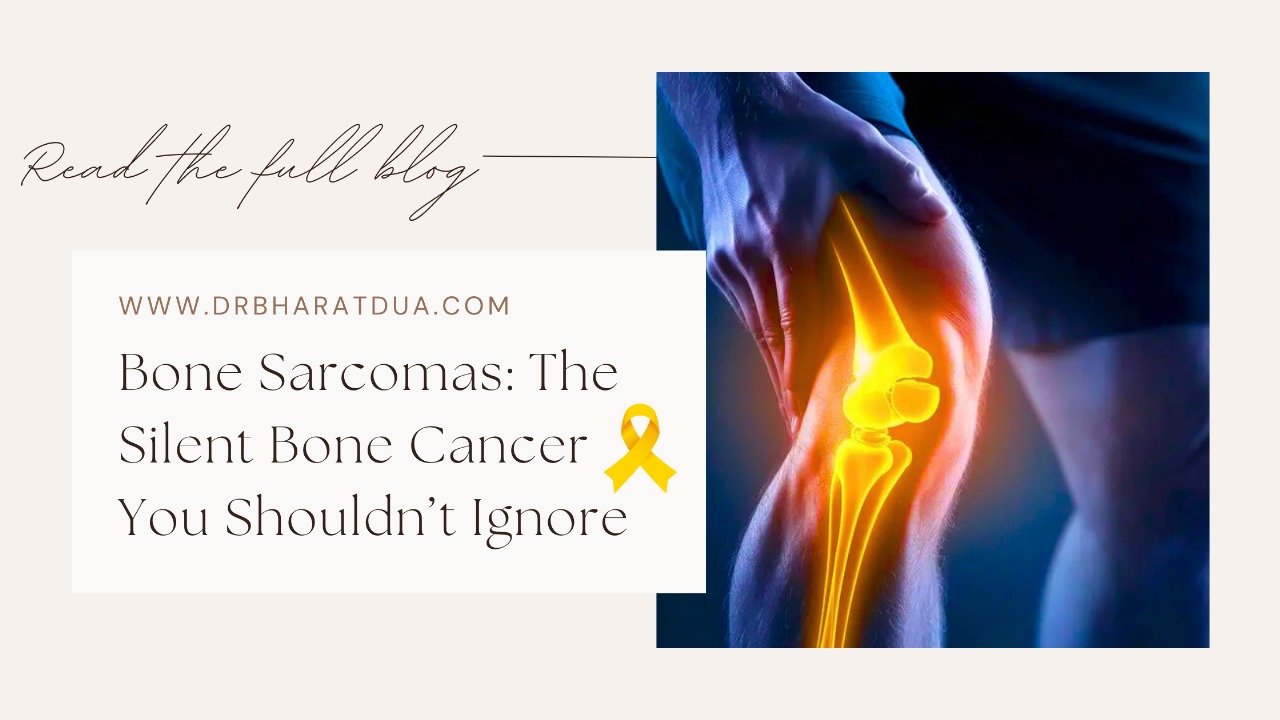Thyroid cancer is often misunderstood. From its symptoms to treatment and outcomes, myths can spread confusion and fear. Here’s the truth behind five common myths — simplified and clarified.
Myth 1: Thyroid Cancer Is Always Deadly
Many believe a cancer diagnosis means a short life. But thyroid cancer is one of the most treatable cancers, especially when detected early.
There are different types of thyroid cancer:
-
Papillary and follicular types have survival rates over 95% when treated promptly.
-
Even with metastasis, modern treatments like radioactive iodine, surgery, and hormone therapy often control the disease.
Only rare, aggressive forms like anaplastic thyroid cancer pose a high risk. Still, most people live full lives post-diagnosis with the right care.
Early detection and regular follow-ups improve outcomes significantly.
Myth 2: Only Older People Get Thyroid Cancer
Thyroid cancer doesn’t discriminate by age. It often affects people between 30 and 50, especially women.
Thyroid cancer is the most common endocrine cancer among young adults and middle-aged women. Best Radiation Oncologist in Gurugram. While risk increases with age, lifestyle and genetic factors also play a role.
Key risk factors:
-
Family history of thyroid disorders
-
Radiation exposure
-
Iodine deficiency or excess
-
Certain genetic syndromes
Early symptoms are subtle, so regular checkups matter — no matter your age.
Myth 3: A Lump in the Neck Always Means Cancer
Not all neck lumps are cancerous. Most thyroid nodules are benign.
Studies show over 90% of thyroid nodules are non-cancerous, caused by:
-
Inflammation
-
Goiter
-
Cysts
However, a persistent lump, especially if growing, warrants medical evaluation. Doctors use ultrasound, fine-needle biopsy, and blood tests to determine the cause.
If you feel a new lump or change in your neck, don’t panic — but do get it checked.
Myth 4: Thyroid Cancer Treatment Always Involves Chemotherapy
Chemotherapy is rarely used in thyroid cancer. Standard treatments usually include:
-
Surgery (thyroidectomy)
-
Radioactive iodine therapy
-
Thyroid hormone replacement
-
In rare cases, targeted therapy for aggressive types
Chemotherapy is reserved for advanced cases unresponsive to other treatments. Most patients recover without it and manage well on hormone pills post-surgery.
This means treatment is often less intense than people assume.
Myth 5: Once Treated, Thyroid Cancer Never Comes Back
Thyroid cancer can return, but recurrence is usually manageable.
Follow-ups are essential. Even years after treatment, small cancer cells may remain dormant and reactivate.
Recurrence risk depends on:
-
Type of thyroid cancer
-
Size of the tumour
-
Spread at diagnosis
Patients are monitored with blood tests (thyroglobulin levels), ultrasounds, and scans.
Regular screening ensures any recurrence is caught early and treated promptly.
FAQ
Q 1: What are the early symptoms of thyroid cancer?
A 1: Common signs include a lump in the neck, voice changes, difficulty swallowing, or a swollen neck. Many cases are asymptomatic in the early stages.
Q 2: Is thyroid cancer hereditary?
A 2: Some types can run in families. Genetic testing is available if there's a strong family history.
Q 3: How is thyroid cancer diagnosed?
A 3: Through physical exams, ultrasound, blood tests, and biopsy.
Q4: Does thyroid cancer affect life expectancy?
A 4: Not significantly in most cases. Many patients live normal lifespans after treatment.
Conclusion
Thyroid cancer is often surrounded by fear due to misinformation. Understanding the facts — not the myths — helps reduce anxiety and leads to better outcomes. Best Radiation Oncologist in Gurugram. Whether you're facing a diagnosis or seeking to protect your health, awareness is key. Don’t believe everything you hear — talk to your doctor, ask questions, and stay informed.


 Discover how radiation oncologists are advancing melanoma treatment with targeted radiation, modern tech, and powerful therapy combinations.
Discover how radiation oncologists are advancing melanoma treatment with targeted radiation, modern tech, and powerful therapy combinations. Kidney cancer starts when abnormal cells in the kidneys grow uncontrollably. Most cases are renal cell carcinoma, accounting for nearly 90% of diagnoses.
Kidney cancer starts when abnormal cells in the kidneys grow uncontrollably. Most cases are renal cell carcinoma, accounting for nearly 90% of diagnoses. Discover everything about bone sarcomas, from symptoms and causes to diagnosis, treatment, and survival rates. Know the early signs to act early.
Discover everything about bone sarcomas, from symptoms and causes to diagnosis, treatment, and survival rates. Know the early signs to act early.